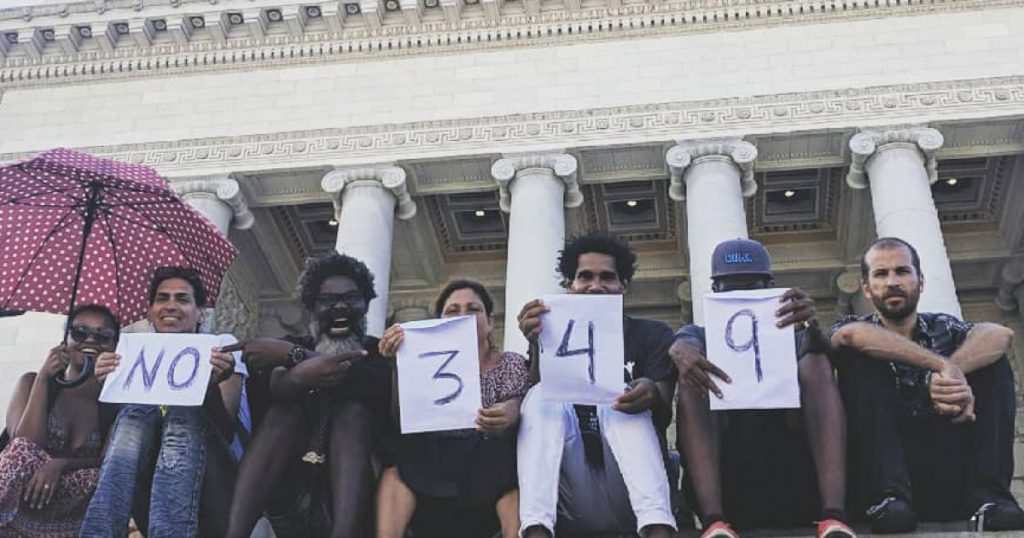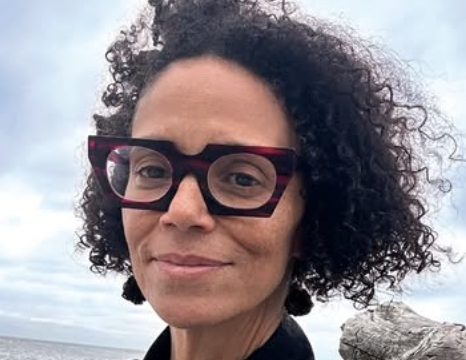ATTENTION ALL ACTIVISTS AND ARTISTS!
This past week, The Griot Institute welcomed Cuban-American interdisciplinary artist, curator, and writer, Coco Fusco to the Gallery Theatre Stage here at Bucknell University! Earning her B.A. in Semiotics from Brown University, M.A. in Modern Thought and Literature from Stanford University, and her Ph.D. from Middlesex University, she has dedicated her work to exploring different themes of colonialism, race, gender, and history. Through her performances, writings, and teachings, she has broke the boundaries of a set agenda, using herself as representation of the many different identities in which she wishes to speak out about. A natural activist, Fusco uses her platform to talk about the struggles of Latin America, specifically Cuba, as she seeks to inform and influence change within the region.

During this talk, she spoke out against the repression of art, culture, and expression within the Cuban government. In relation to this, she references the 2018 Decree #349 of Cuba, a law instituted in 2018 in which gave the government power to shut down any form of art, book sales, exhibitions, concerts, or performances in which they felt would speak about policy or legislation and required artists to get government approval before they could sell their pieces. In response to this action, the San Isidro Movement, a group of artists from San Isidro, Havana, Cuba who opposed Castroism, was created to protest the law and other unruly policies that would violate the rights of Cuban people. Using hunger strikes and art expression, such as calling for all Cubans in 2019 to post themselves wearing a Cuban flag on their shoulders using the tag, “LaBanderaEsTodos,” this group of Cuban artists wished to undermine the current state of bureaucracy in Cuba.
Through this example, Fusco wanted to elaborate on how art and culture was seen as a form of rebellion. It displays the power and strength in which small actions such as holding a sign or taking a picture of your flag held as they were direct forms of peaceful protest against an unruly government. Wanting to use her art the same way, as a message and as awareness, she looks towards a better educational future where the truth about race and coloniality are told with influence. Truly, this talk was more than just an event, but was an experience in which opened many windows into what is going on in different parts of the world.
– Jesse Leon (Class of 2028)
